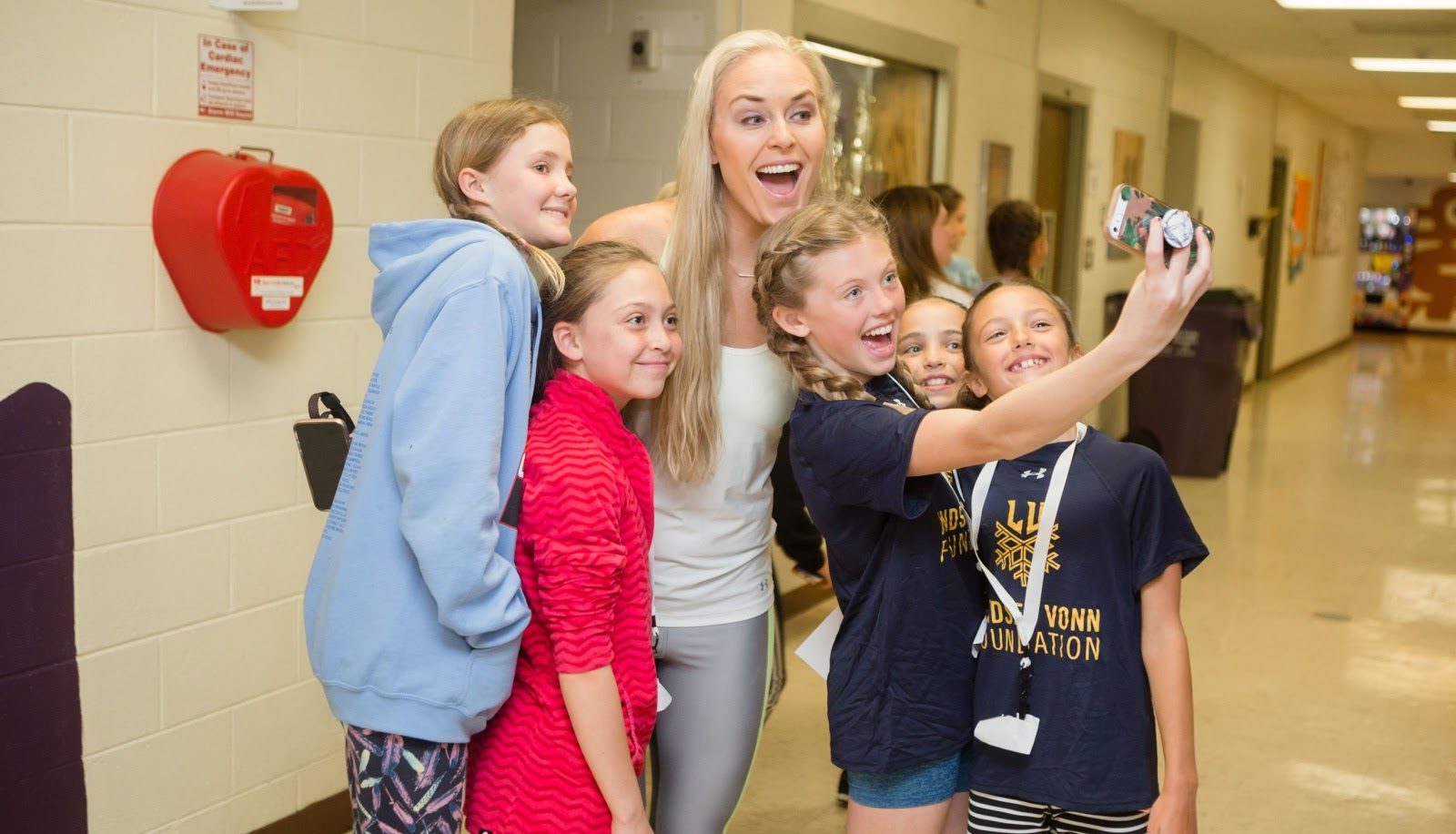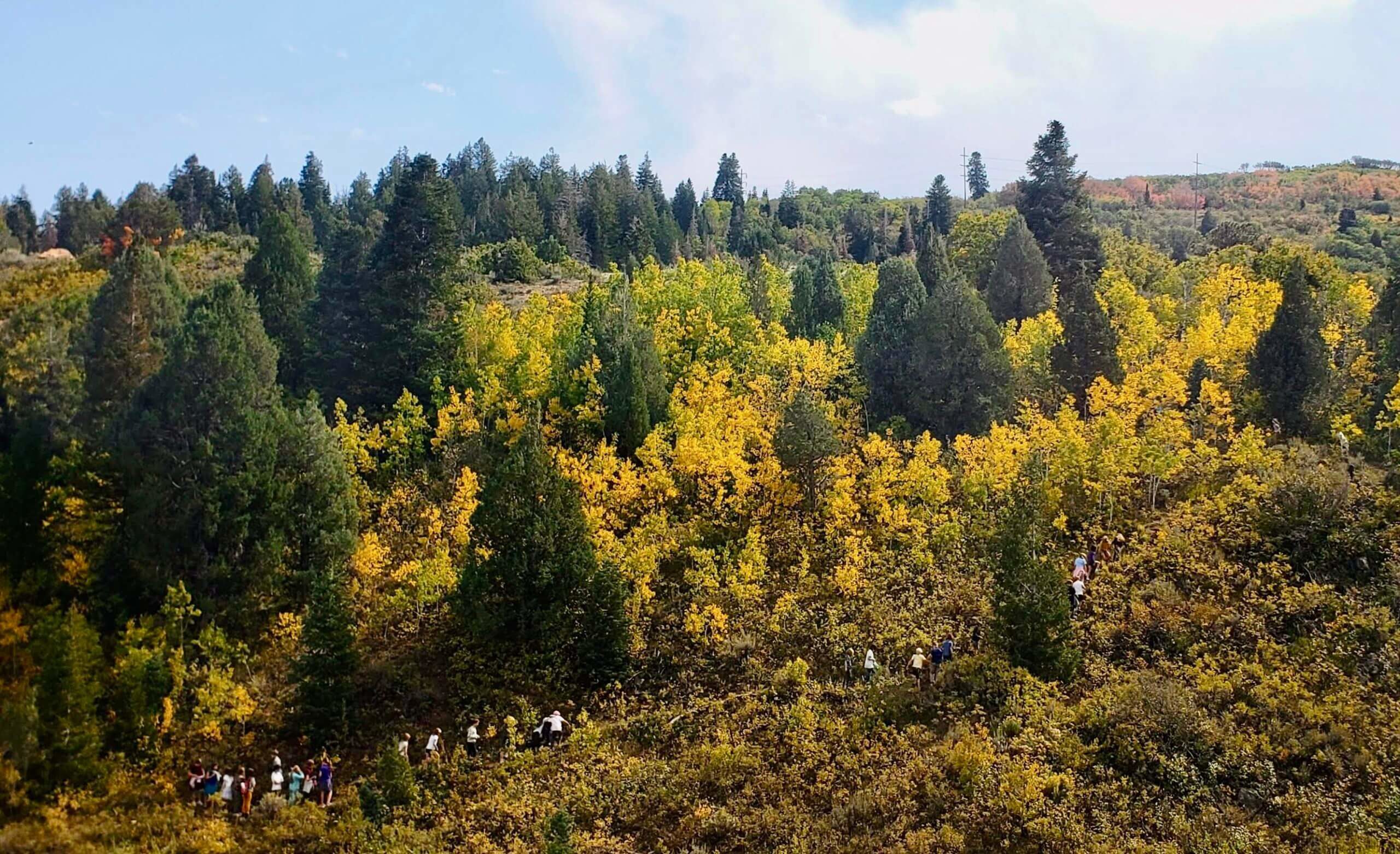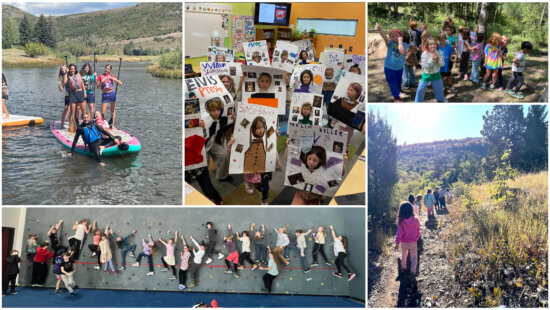Education
Weilenmann School of Discovery receives Innovation Grant, launches partnership with Stanford-affiliated nonprofit
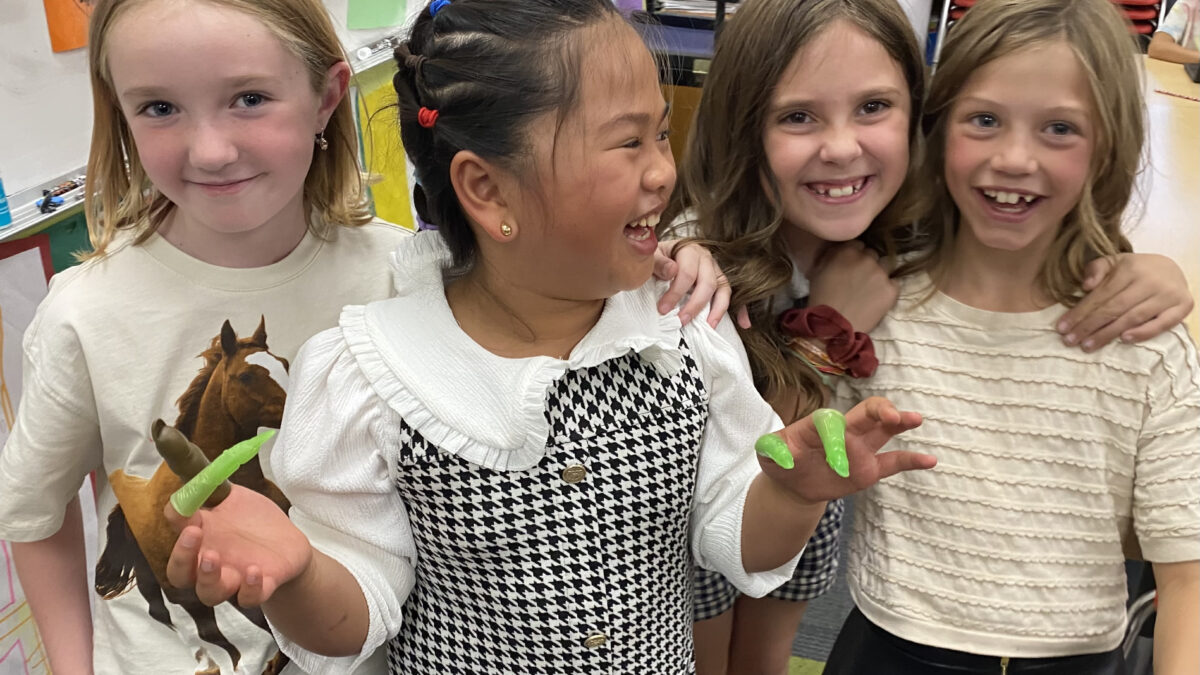
Weilenmann School of Discovery students light up with laughter during a classroom experiment, celebrating curiosity, creativity, and connection in a vibrant learning environment. Photo: Weilenmann School of Discovery
PARK CITY, Utah — Weilenmann School of Discovery (WSD) has been awarded the Utah State Charter School Board’s Innovation Grant, receiving the maximum amount of $50,000 to launch a multi-year initiative aimed at student well-being, engagement, and educational innovation.
The funding will be used over the 2025-26 and 2026-27 school years in partnership with Challenge Success, a nonprofit organization affiliated with the Stanford University Graduate School of Education. WSD is the first school in Utah to partner with the group, which supports schools internationally in developing research-based strategies for student success.
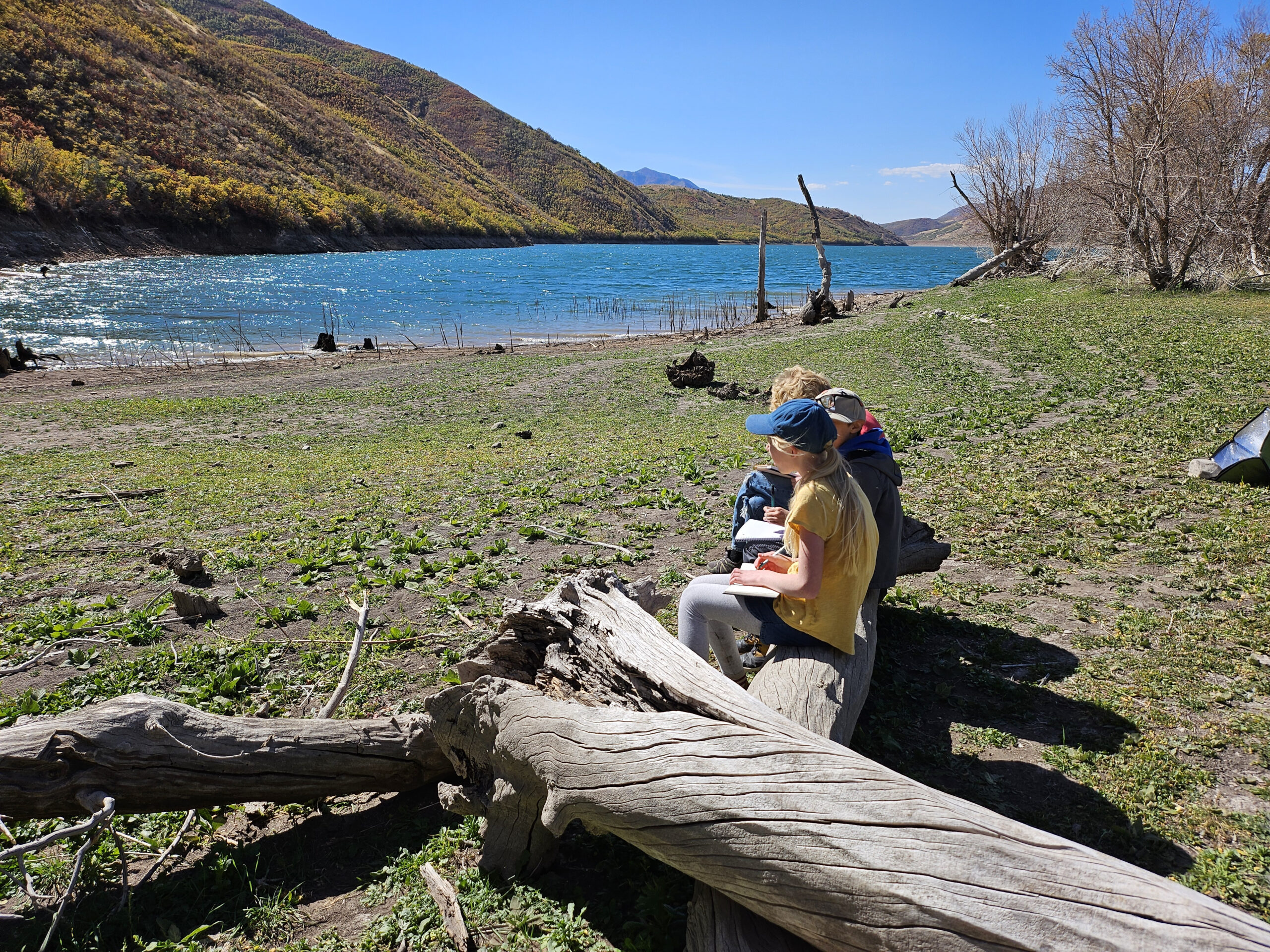
Interim Executive Director Scott Stewart said the timing of the grant was vital for the school, which is now in its 15th year. “We feel like we’re in this moment. We’re doing things pretty well, but where are we going for the next 10 years?” Stewart said. “The Innovation Grant allowed us to partner with a group that specializes in exactly that—targeting the needs of individual students and creating structures to help them learn and enjoy being part of the process.”
Stewart, who helped open the school and has served in multiple roles since its founding, said the school’s early reputation for innovation has remained strong, but the education landscape has changed. “Other schools have matched what we’re doing,” he said. “It’s natural to hit a plateau. Now we have the opportunity to refresh our vision and ask: How do we take the next step?”
Challenge Success will begin its work with WSD this summer. The partnership will follow a collaborative, data-informed process that includes gathering community feedback through surveys, evaluating school practices, and co-creating a long-term plan that aligns with both research-based strategies and WSD’s unique culture. “They meet us where we are,” Stewart said. “They’ll work with our students, parents, faculty and staff to find out what our specific needs are—and then they bring all the research and best practices to help us build a plan for the future.”
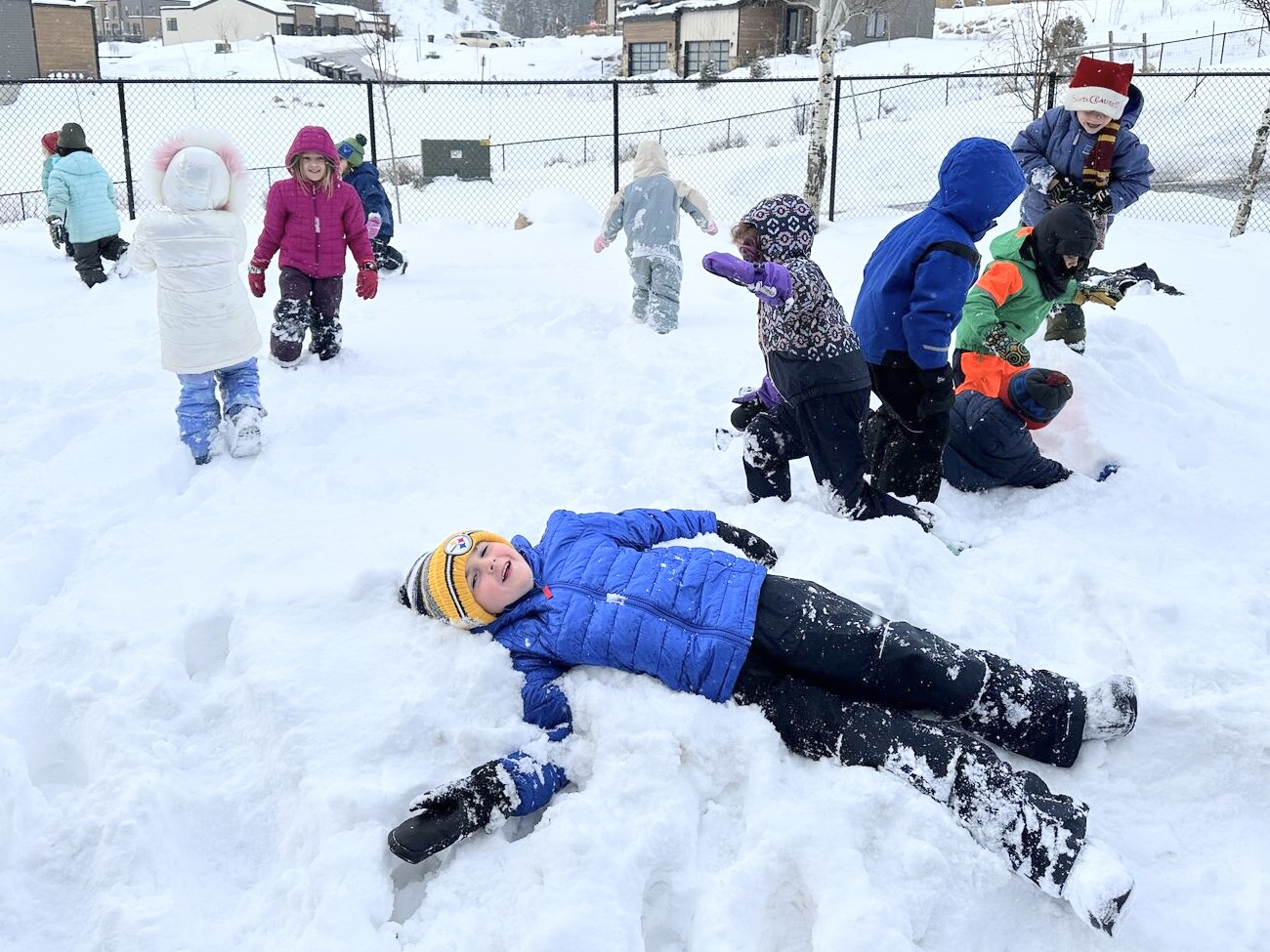
Although specific initiatives are still being developed, key focus areas will include enhancing educational practices and models, promoting student engagement and success, supporting professional development, fostering parental involvement, and inspiring replicable models of innovation.
The grant’s first year will focus on developing a detailed plan, with the second year dedicated to implementing and sustaining those changes. Stewart emphasized that WSD’s approach to measuring progress will remain rooted in student growth over standardized testing.
“We’ve never been a ‘teach to the test’ school,” he said. “We’ll continue to use tools like Renaissance Learning’s Star 360 to measure internal growth and also work with Challenge Success on additional ways to assess student development.”
Teachers and staff will play a central role in shaping the initiative. Professional development will be driven by faculty input, research guidance, and shared decision-making. “If we can get the teachers invested, the admin invested, and the students invested, then we’ve got a school with all the potential in the world,” Stewart said.
The school’s renewed focus on community involvement will also include a revived Family Association—an inclusive group of parents, relatives and guardians supporting school culture, outreach, and fundraising. Stewart noted that Challenge Success will work with WSD to integrate parent voices more fully into the change process. “As a commuter school, connecting families is critical,” he said. “We want them to feel like they have a place, and that their input matters as we develop this plan for the future.”
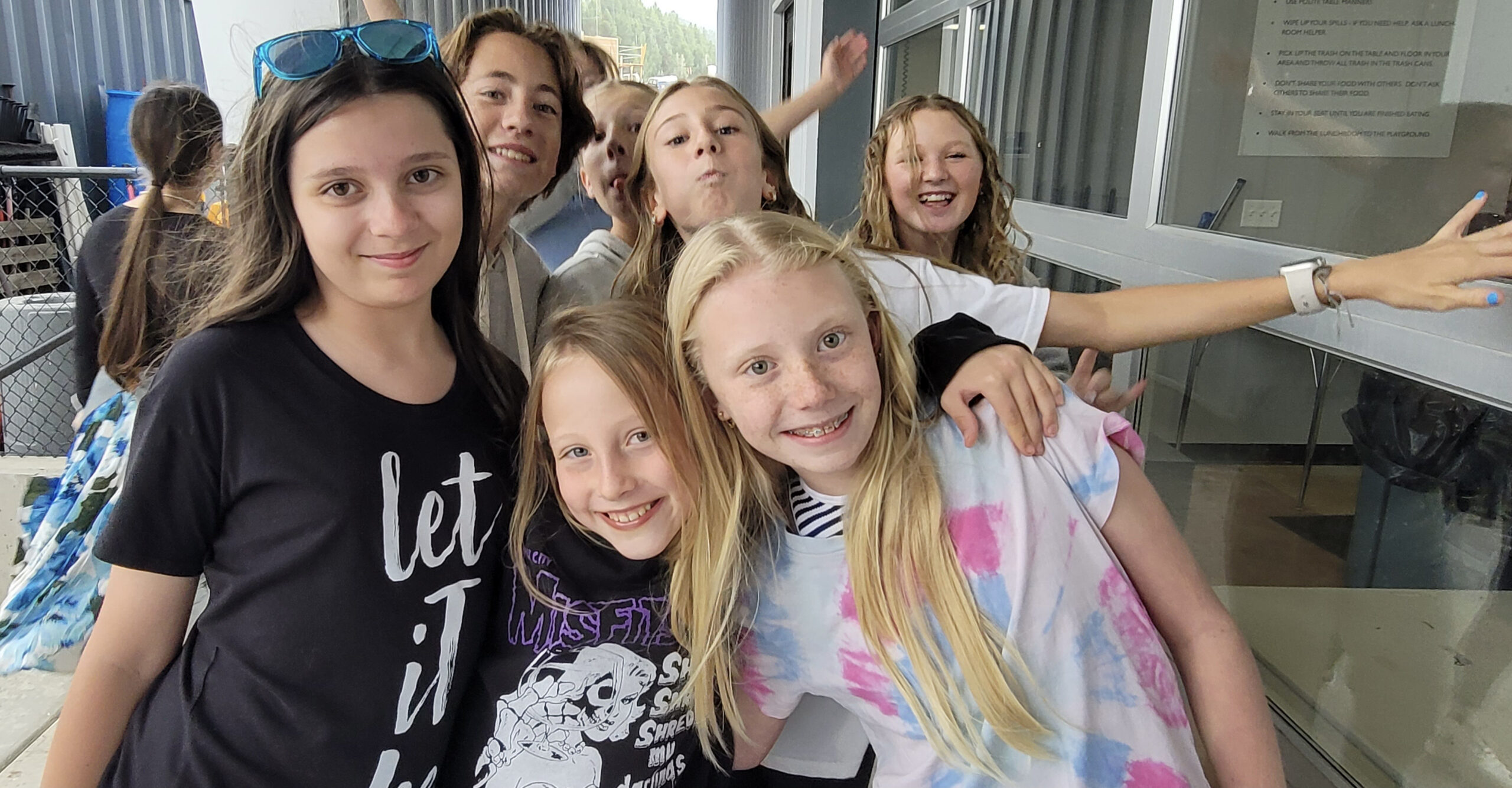
A long-term goal of the grant is to develop replicable models of innovation that can serve as examples for other schools in Utah. Already, Stewart said, fellow charter school leaders have shown interest in WSD’s work with Challenge Success. “We want to get it right,” he said. “If we can define who we are and build a path others can buy into, that’s something we can carry forward—not just for our school, but for the broader community.”
Stewart acknowledged that the grant comes during a year of transition for WSD, following leadership changes and a restructuring of the administrative team. “There’s been a lot of change, but we’re committed to pulling together what’s best for the school and setting it up for long-term success,” he said. “This partnership is our opportunity to do just that.”
Form more information on the Weilenmann School of Discovery visit wsdpc.org/. For more information about the Challenge Success School Partnership Program, visit challengesuccess.org.















